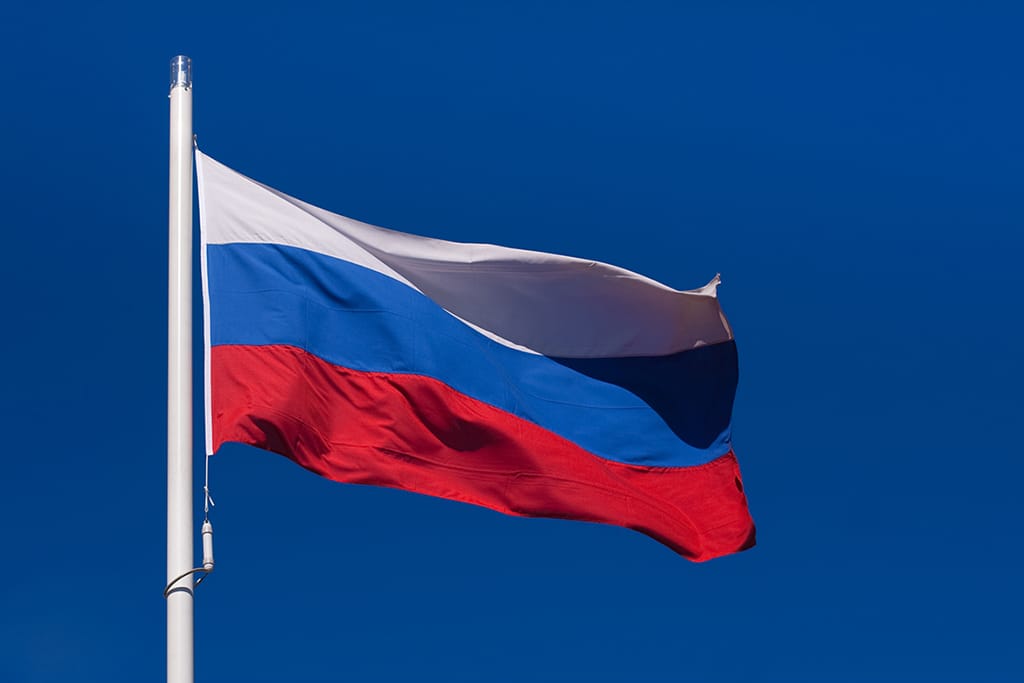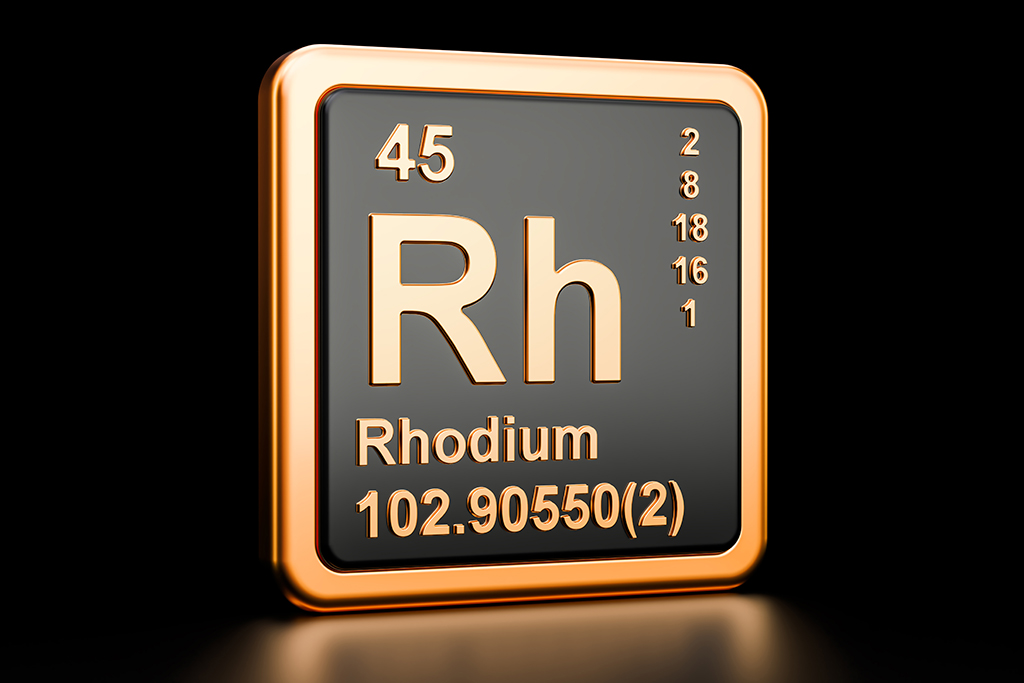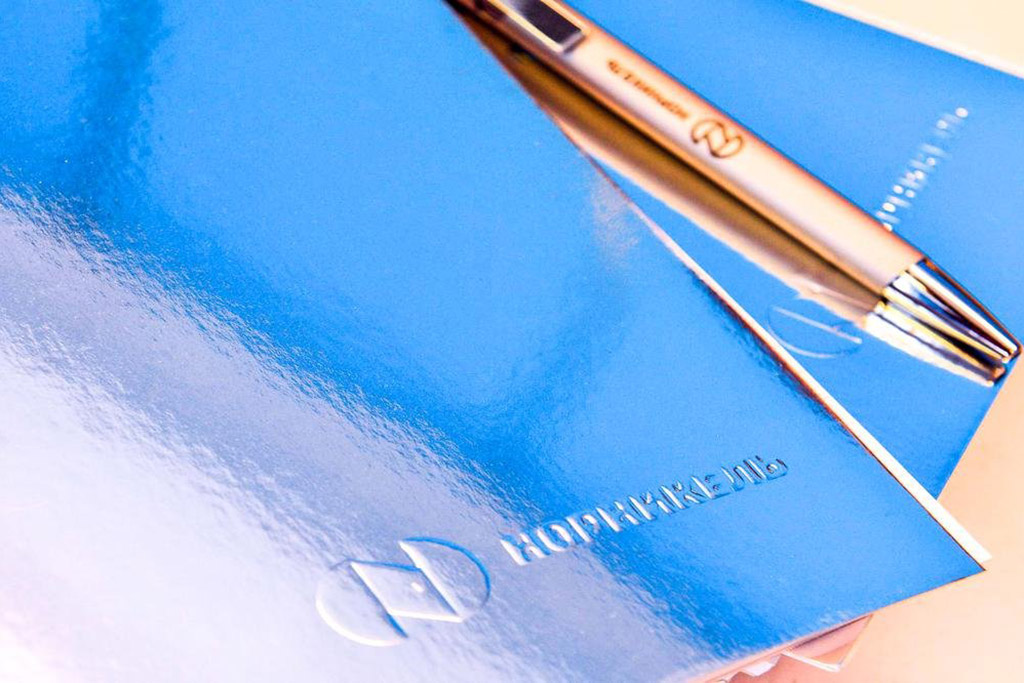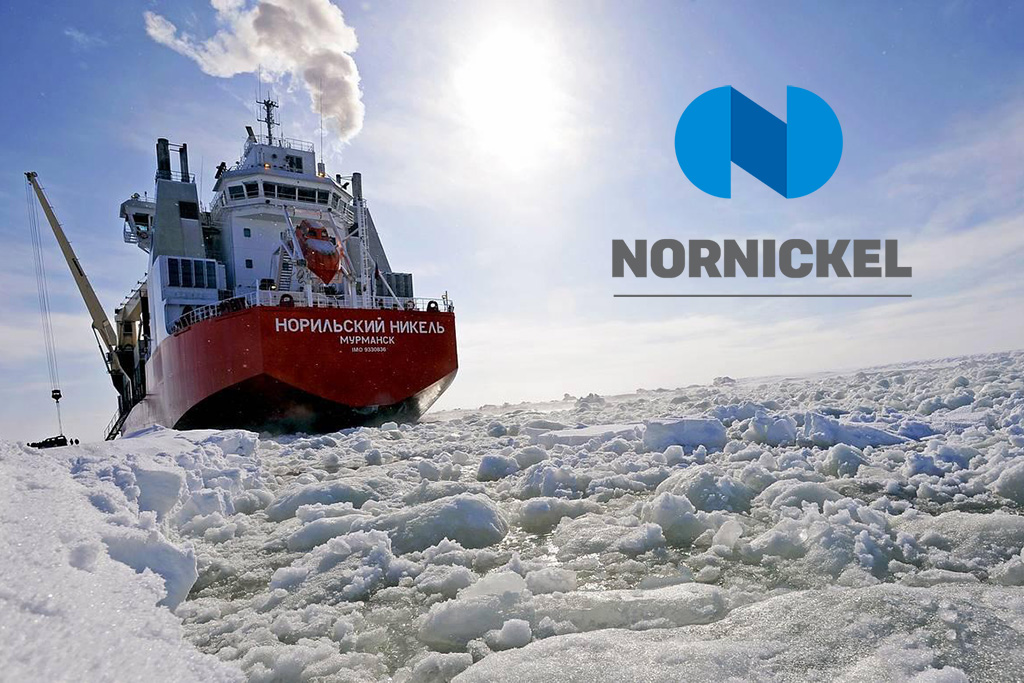
Please check out latest news, expert comments and industry insights from Coinspeaker's contributors.
Norilsk Nickel also intends to tokenize the certificate of auditor with a confirmed volume of CO2 emission reductions on Atomyze.
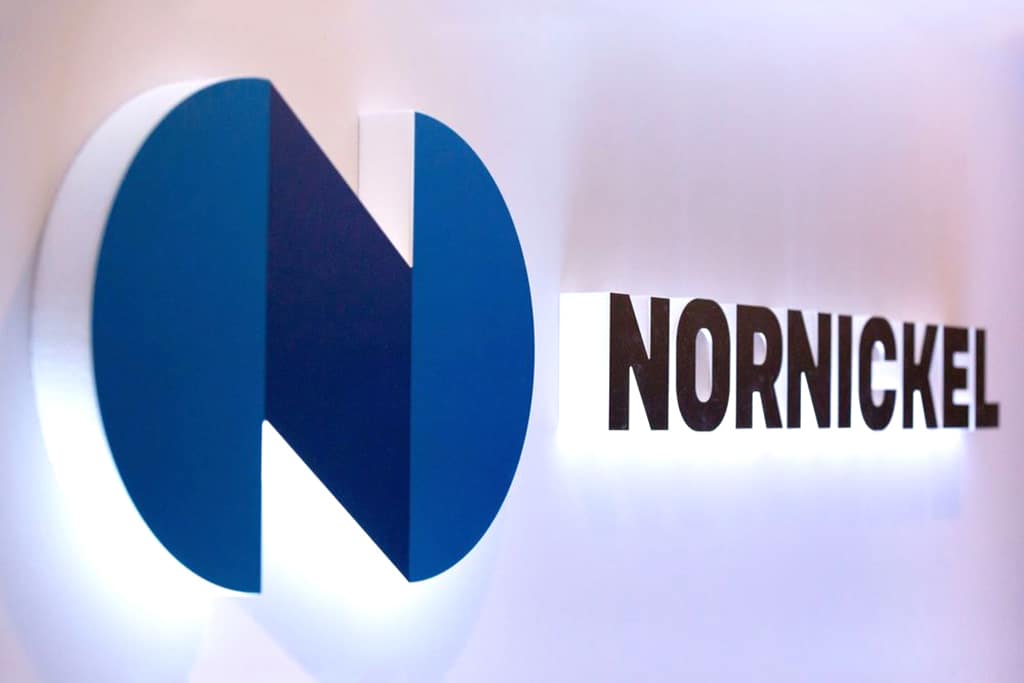
Russia’s Norilsk Nickel (a.k.a. Nornickel) became the first in the metallurgical industry in the world to produce a batch of carbon-neutral nickel. Production started in the Russian Arctic on June 19, the first batch of 5,000 tons in July was sent through the port of Murmansk to Rotterdam to the certified warehouse of the London Metal Exchange – the largest logistics hub in Europe. The metal has been tokenized is now in stock and awaiting tokenization on the Atomyze blockchain platform. These tokens were issued listed by the Nornickel’s Global Palladium Fund for institutional investors and evaluations are now available on the Vienna Stock Exchange.
By the end of the year, Norilsk Nickel plans to produce up to 10,000 tons of green nickel cathodes (the total production of commercial nickel in 2021 may reach 200,000 tons) in future, “carbon neutral metal shipments will grow as greenhouse gas emissions are reduced and carbon savings are verified by an auditor,” says a company spokesman.
Norilsk Nickel also intends to tokenize the certificate of auditor with a confirmed volume of CO2 emission reductions on Atomyze, “which will allow to securely store this information, distribute it to new batches of manufactured products and attach it to smart contracts with investors and industrial consumers.” “The certificate confirms the company’s commitment to support the global climate agenda and, on its own initiative, to accelerate the reduction of specific CO2 emissions across the entire Norilsk Nickel group of companies. The company will continue to reduce the intensity of emissions, which means to increase the supply of carbon-neutral metal to interested consumers, ”the company quotes in a message from Anton Berlin, Nornickel Vice President, Sales and Distribution.
Norilsk Nickel became the first player from the five largest world nickel producers (also includes Brazilian Vale, Chinese Jinchuan, Swiss Glencore and Australian BHP) to start producing carbon-neutral metal.
Nornickel’s largest shareholder – Interros CEO Sergei Batekhin said that given the imminent introduction of cross-border carbon regulation by the European Union, “such a new product, which will be sold in the form of tokens, may be of interest to both industrial consumers [and investors]”. All of them will be able to track the status of the goods at every stage of the life cycle up to disposal – and all thanks to the blockchain technology: “A smart contract allows a batch of such nickel to record information about where it was mined, how environmental standards were respected.”
The company expects to sell carbon neutral nickel at a premium. “Green nickel has added value for customers and investors, so it should be premium. We are preparing to test this product with customers and do not set ourselves any rigid price targets. Based on the release of a pilot batch, we will receive feedback from the market, ” Vice President for Strategy Sergey Dubovitsky, told reporters in early June.
The company managed to produce green nickel not through the purchase of so-called offsets – or quotas for CO2 emissions, as many other manufacturers do, but through the implementation of a whole range of offsetting measures aimed at reducing greenhouse gas emissions at all stages of finished product production – from ore mining before its beneficiation and refining, said a company spokesman.
The effectiveness of these measures and the amount of CO2 emissions per tonne of nickel were verified by the independent auditing company EY (Ernst & Young) in accordance with international standards. Confirmed volumes of GHG emission reductions for 2019–2020 (about 47,000 tons), the company was able to simply redistribute, or, as Berlin explained, “allocate for the first batch of carbon-neutral nickel.”
In other words, technologically green nickel is the same cathodes that are already produced in the Russian Arctic. But “each unit of such products is now associated with a lower level of emissions, provided by the compensatory measures taken by the company,” explained Dubovitsky. “These products are of the same quality as their carbon-intensive counterparts. All its advantages lie in reducing the impact on the environment, in particular on the climate system, – explains Vladimir Lukin, a representative of Norilsk Nickel.
The Norilsk Nickel representative stressed that the company, being one of the largest industrial groups in the world, is clearly aware of its role in the global transition to a low-carbon future, fully shares the global environmental agenda and strives to act proactively. “Without waiting for major technological breakthroughs in the field of reducing the carbon footprint, we focused on specific offsetting measures that we can implement here and now, having achieved a reduction in emissions,” notes Dubovitsky.
Historically, Norilsk Nickel has already had a significant advantage on the way to obtaining low-carbon products: the company uses gas and energy from hydroelectric power stations in production. At the same time, the share of electricity from renewable sources in the energy consumption of the entire group is constantly growing: from 36% in 2016 to 46% by the end of 2020. And the share of hydroelectric power plants rose to 55% last year. The increase in electricity consumption from hydroelectric power plants, obviously, leads to a decrease in gas consumption.
In 2020 and 2021, the company reduced its CO2 emissions by an additional 66,900 carbon units.
“The already implemented set of measures, coupled with the planned projects in the future until 2025, will reduce CO2 emissions by 374,700 tons cumulatively in 2025,” the company said. Norilsk Nickel expects to “allocate these volumes for nickel units in the same proportion”.
Valentin Ryabtsev, Innovation Director of a large international company, is sure that these are advanced solutions.
“What Norilsk Nickel is doing is really cutting edge solutions. Using blockchain to increase the transparency of the supply chain and make the product traceable. I see such practices only beginning to be applied in the agro-industrial group of the worlds, and the use in metals is really innovative developments, ”he said.
Ryabtsev also believes that the company’s investments will be beneficial in the future.
“We definitely need to continue to deal with environmental issues. It is very gratifying to see that Norilsk Nickel is investing in the environment and in development. We see trends around the world that the consumer begins to ask questions about the production of goods, their delivery. Already now you can buy special packages to replace CO2 emissions when flying by plane. Therefore, companies like Norilsk Nickel, which look to the future in a timely manner, are necessary. I am confident that all of Norilsk Nickel’s current investments will pay off and be beneficial, ”said the Director for Innovations.
The main climat task of Norilsk Nickel – to keep the total volume of GHG emissions calculated according to the GHG protocol at less than 10 million tons per year (this is already much less than that of competitors from the world top 5), looks quite achievable. The company also intends to maintain its position in the bottom quartile of the global nickel industry in terms of specific CO2 emissions per unit of nickel production.
Now, according to international standards ISO14040 and 14044, the carbon footprint of nickel produced by Norilsk Nickel is estimated at 8.1 tons of CO2 per 1 ton of finished products (the carbon footprint of products characterises the entire value chain within the product life cycle).
Disclaimer: Coinspeaker is committed to providing unbiased and transparent reporting. This article aims to deliver accurate and timely information but should not be taken as financial or investment advice. Since market conditions can change rapidly, we encourage you to verify information on your own and consult with a professional before making any decisions based on this content.

Please check out latest news, expert comments and industry insights from Coinspeaker's contributors.
